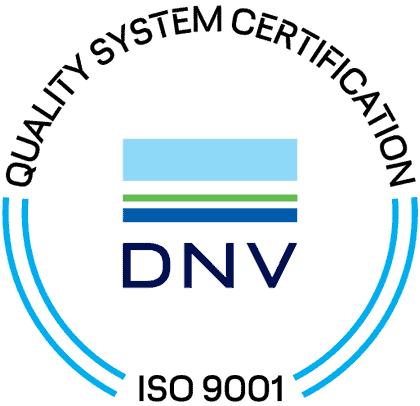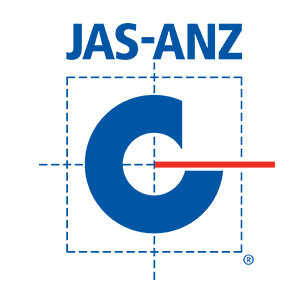AW – Charles, we’ve talked over the years about the difficulties you have convincing decision makers in the industry of the importance of protecting airframes and aircraft components from exposure to corrosive chemicals when washing or polishing. Why is this?
CC – It’s probably a bit harsh to say that it’s apathy, but for whatever reason, it doesn’t seem to be a priority despite the obvious risks. We’re often told that it’s simply more convenient to go down to the local store and buy a container of truck wash. We don’t think it’s an awareness issue, perhaps there’s an element of complacency in the decision making process. People aren’t correlating corrosion with the washing process – the two hemispheres don’t collide.
AW – What more can be done to educate people about the risks?
CC – We’ve just got to keep pushing the message. There’s a little bit of common sense creeping in but it’s slow progress and the issue is not top of mind yet. It’s a real dilemma to think that short term gain, for instance cost cutting, as much as I understand the imperative, is clouding the real issue which is irreversible damage. It’s hard to accept that people are finding it difficult to value judge the options. It’s hard to accept that people are prepared to entertain considerable risk. It doesn’t seem logical.
AW – Is there an ultimate consequence?
CC – Yes there is and that’s corrosion and we know the impacts only too well – corrosion and its corresponding impact on safety, corrosion and its impact on value – we all understand the link. Aviation history records incidents, some fatal, that might well have been avoided if the integrity of aircraft components had not been compromised by corrosion.
AW – For an owner or operator who may have been using the wrong product for a period of time is it too late to change?
CC – It’s never too late to change, particularly to a product like Zi-400. Zi-400 HD Aircraft Cleaner is the only product known to aerospace science that can arrest the spread of existing corrosion. I guess what we are saying is, do it now, make the change, and therefore keep whatever corrosion that may exist confined. We can’t re-build the metal that’s already degraded but we can arrest the spread.
AW – If you are an owner and/or operator and you want to assess your aircraft’s situation in terms of condition, what should you look for?
CC – The obvious thing to look for is evidence of corrosion around lap joints and around rivet heads – that’s your best starting point. What you see or might see is the sort of corrosion that can be arrested by switching to a quality wash product. You should also look for what we call ‘filiform’ corrosion (thread like) which is often evident on the underbody of older single engine aircraft. Again the spread can be arrested by changing products and methodologies.
Some of the more deeply embedded corrosion is more difficult to detect and that’s a real problem. It’s a common misconception that if an aircraft looks fine from the outside, everything’s OK on the inside. Nothing could be further from the truth. There are a couple of simple inspections that can be undertaken without professional assistance and we recommend that these be done. For instance, there are external panels that you are permitted to take off. You can also pull upholstery back and inspect what’s underneath. It’s worth familiarizing yourself with the sort of procedures you can undertake without professional assistance. That’s going to provide you with some valuable insights.
AW – And if you are looking to buy a pre-owned aircraft what questions should you be asking?
CC – You need to determine what the aircraft has been washed with and how often it has been washed. You should also ask the owner why he washed it. You may well be mortified by the answers you get but it’s also going to help you make the right decision and avoid the risk of buying an aircraft that could be unsafe, could become unsafe or may not, over time, maintain optimum value.
Solidus Industries Zi-400 HD Aircraft Cleaner is a revolutionary aviation cleaning product. Scientifically proven to inhibit and arrest corrosion, Zi-400 has been the trusted cleaning product of the Australian Defence Force since 1993. Each day, Zi-400 actively protects aircraft against corrosion across the world within the military, search and rescue, police airwing, air medical services, commercial airlines, charter services, flight training schools, aerial application and general aviation.
This interview was originally published in the June 2014 edition of the Aviation Trader publication Airwaves.



